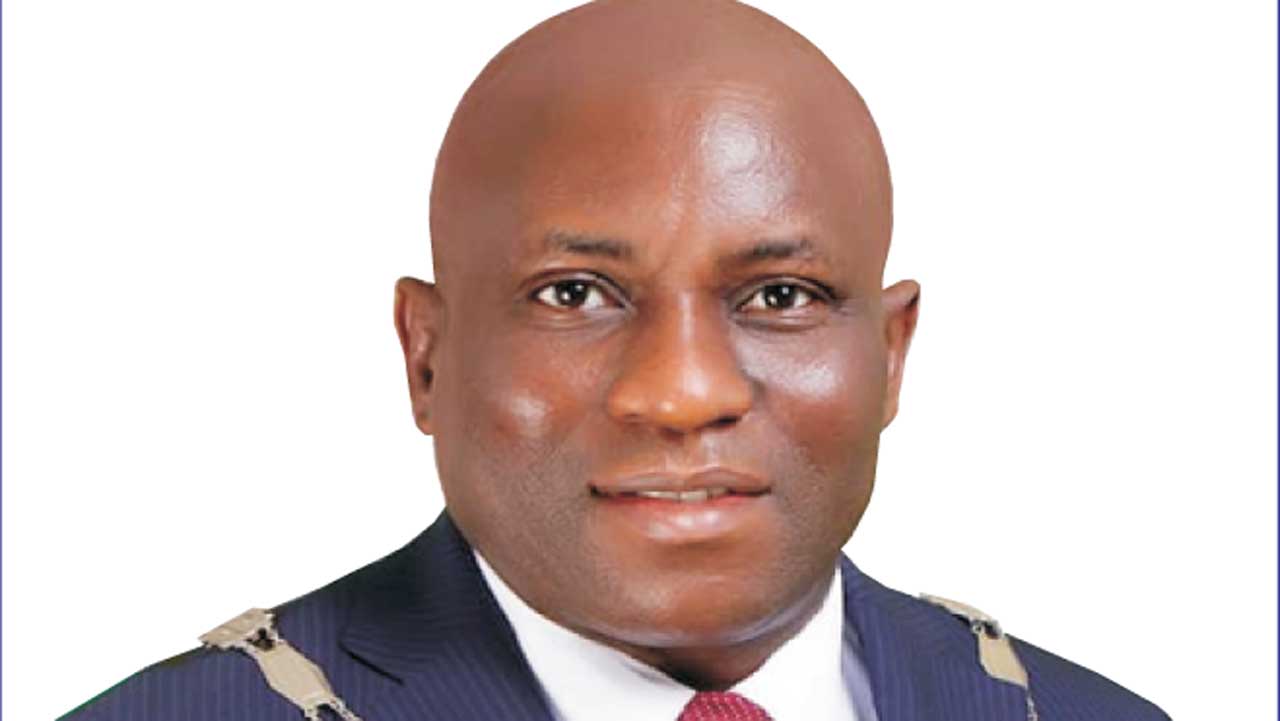As businesses begin to emerge from the COVID-19 crisis, many of those whose operations were significantly impaired are facing rent defaults, which piled up while they were temporarily closed.
Similarly, residential tenants in the highbrow and high-density areas that suffered setback in their businesses or got laid-off by their employees are also having hard times in paying their rents. Artisans and self-employed individuals are also affected.
These have prompted property owners to make hard choices on the type of tenants to be assigned their property by adopting diligent standards. Some of the landlords have to deal with their own mortgage obligations and defaults, which similarly accrued during the pandemic.
The Guardian learnt that the worst hit are commercial landlords and retail tenants as well as operators of event centres, restaurants and clubs. Some landlords are exploring eviction moratoriums for certain small business, commercial and residential tenants while some tenants are already facing eviction.
The immediate past chairman, Faculty of Estate Agency and Marketing, Nigerian Institution of Estate Surveyors and Valuers (NIESV), Mr. Sam Eboigbe, said: “COVID-19 pandemic has been largely acclaimed to be a leveler. It does not really require invitation before making unwanted appearances on its victims.
According to him, professional estate agents have also devised strategies in response to challenges caused by COVID-19 by ensuring that comprehensive due diligence in profiling clients contemplating and negotiating leases are professionally executed.
“This is invariably to curtain and nip in the bud rent defaults as one of the fall-outs of COVID-19 since the business environment has been negatively imparted with job losses, salary cuts and delays in earnings of the citizenry.
“So it is expected that sitting tenants who are a product of the system and are affected by the system currently being ravaged by the effects of COVID-19 will have challenges in meeting their rental obligations.”
For those practising in Lagos, practically all locations are affected since the effects of COVID-19 cut across boundaries in terms of businesses and it applies to property locations.
On the issue of landlord having preference for certain categories of tenants, Eboigbe said, “it is expected in terms of fresh offers as you are likely not be able to apply the same strategy for those already in occupation.
“Generally, players and investors as landlords in the sector have obligations to lenders or financiers and whatever will cause distortions in cash flows are better avoided at the point of tenant selection.
“No sentiments are allowed in other areas of investments like stocks and shares, as the main attraction ideally is maximisation of returns. Similarly, any landlord as potential investor in the sector is expected to protect and guide his investment by insisting on good tenants at the point of profiling to enhance sustainability of investments vide prompt payment of rent.
“So if a would- be tenant is identified as a potential risk in fulfilling contractual obligations, chances are that such would not be cleared for the choice property in the listings as advertised.
“However, there are other instances or scenarios where there are semblances of discrimination on the basis of colour or tribe. As professionals, we have the responsibility to enlighten our principals and demystify their worries and huge concerns.”
For the past president, International Real Estate Federation (FIABCI), Mr. Chudi Ubosi, disclosed that virtually every location and commercial development type is affected by rent default. “The fact is that the adverse effects is hitting every business, so all businesses are reviewing strategy on their operations as income is negatively impacted.”
Ubosi said there is no discrimination in the industry, rather real estate professionals reject tenants that do not meet the “diligent standards” of the property owner.
“That’s not discrimination. I think that’s just setting the bar for the kind or quality of tenant a landlord requires in his or her property. Whilst landlords are naturally finical about who they want to let their properties, this has not changed as a result of COVID-19 and its impact on businesses.
“As real estate professionals, we are not taken aback because this is normal in the industry and generally obtains for every level of property as landlords and estate agents engage in what can be called risk analysis of each prospective tenant.”
Chairman, Royal Institution of Chartered Surveyors (RICS), Nigeria, Gbenga Ismail, said the rent default has not been high, noting; “What we have experienced is restructuring, paying in instalments or monthly. We have also experienced rent reduction from existing levels in both commercial and residential sectors.
“Right now the landlord can’t even be picky. Priority is to rent out at a lower rent so that quality tenants could be attracted. You will be surprised that those that have the ability to pay are not always those that you may want to rent your properties. But with the economy, one cannot really afford to be over bureaucratic.”
But the chairman, NIESV’s Faculty of Estate Agency and Marketing, Mr. Kayode Ogunji, admitted that rent defaults have increased due to COVID-19 and property owners now prefer the working class than others.
According to him, professional estate agents adopt background checks to forestall or reduce rent defaults.





